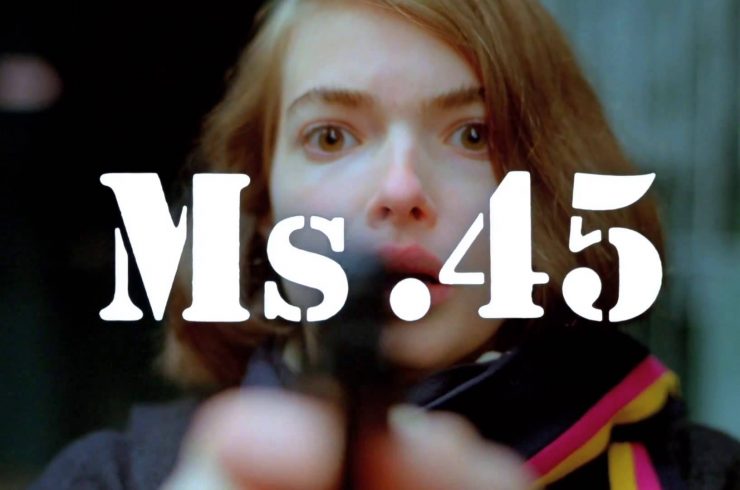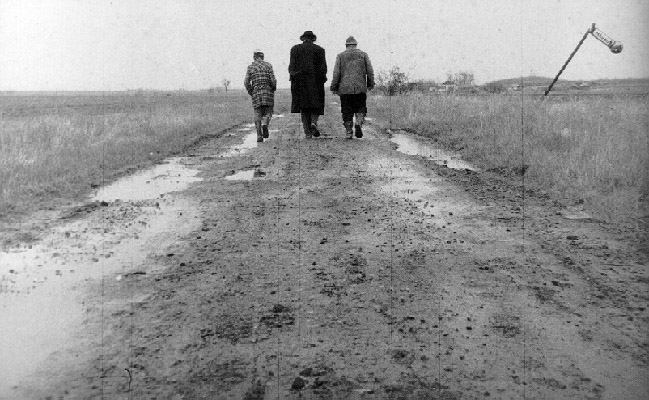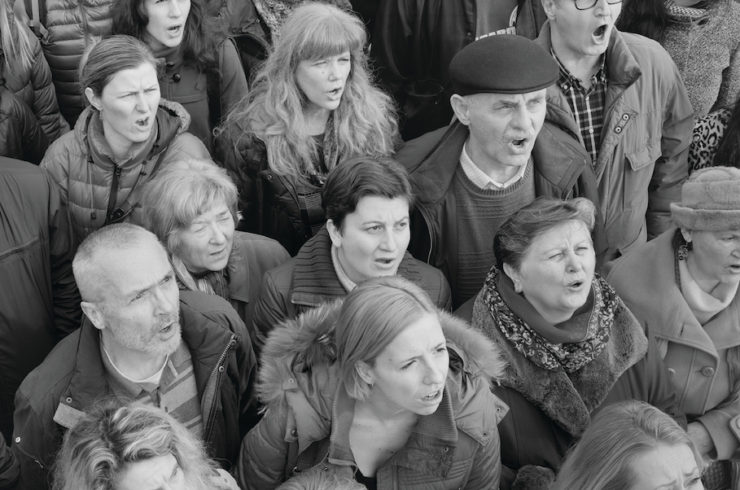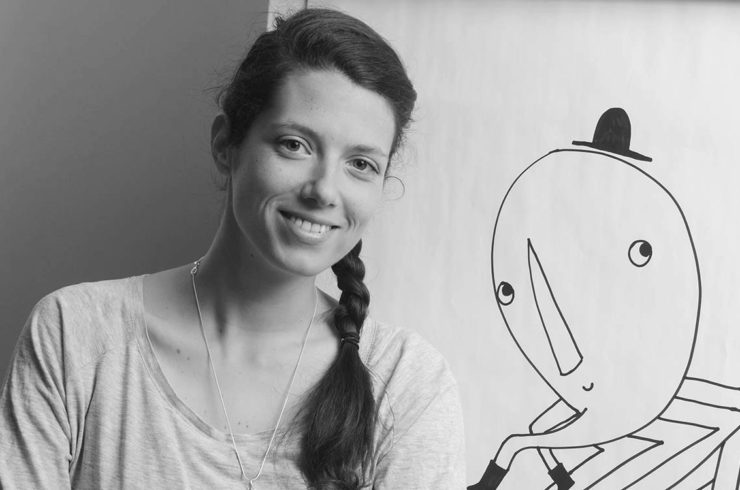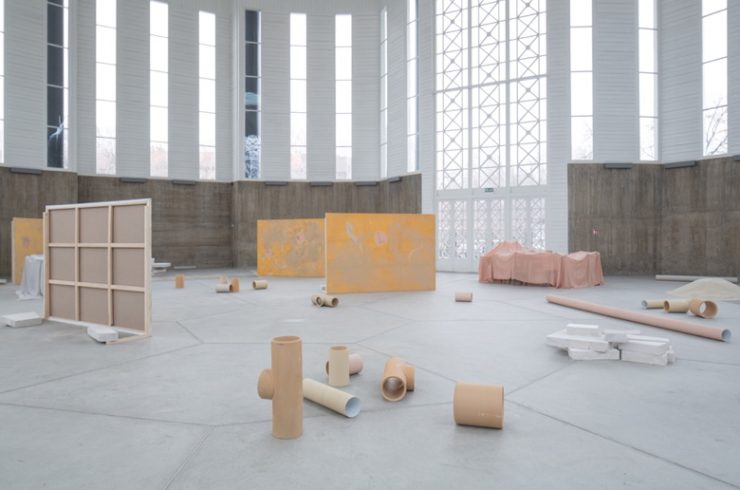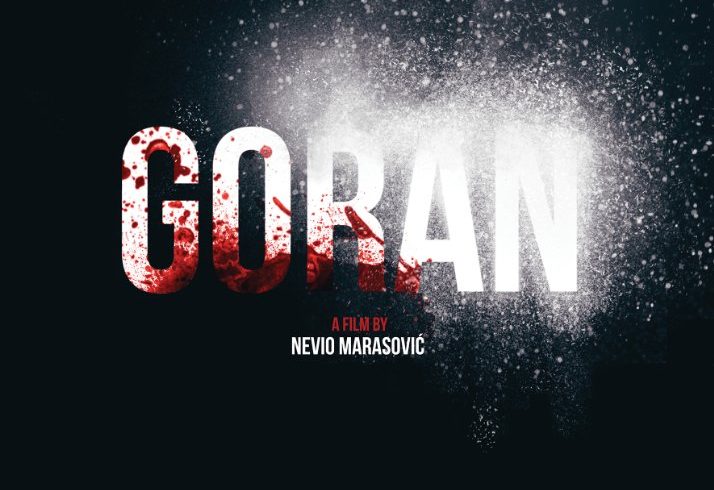Film
Film Mutations: Festival of Invisible Cinema
This year’s 10th edition of Film Mutations: Festival of Invisible Cinema, titled Violence + Utopia brings an incredible opportunity to experience rare film projections and discussions by legendary film directors, Bela Tarr and Abel Ferrara along with numerous films by French director Marc Hurtado, and more obscure, experimental Japanese directors, Motoharu Jonouchi, Masao Adachi, and Katsu Kanai. This very special film festival goes outside the mainstream and is bringing high quality film to Croatia, along with experts in the film industry. Over the course of 7 days, Zagreb will be immersed with film at the Museum of Contemporary Arts, Kino Europa, and the MM Centar from January 26th to February 1st, with free screenings, discussions and even a master class with Bela Tarr. The program started this past December with an interesting prologue by the American filmmaker, James Benning at the Museum of Contemporary Art in Zagreb, which gave the world premier of his latest films, photography and sound installations.
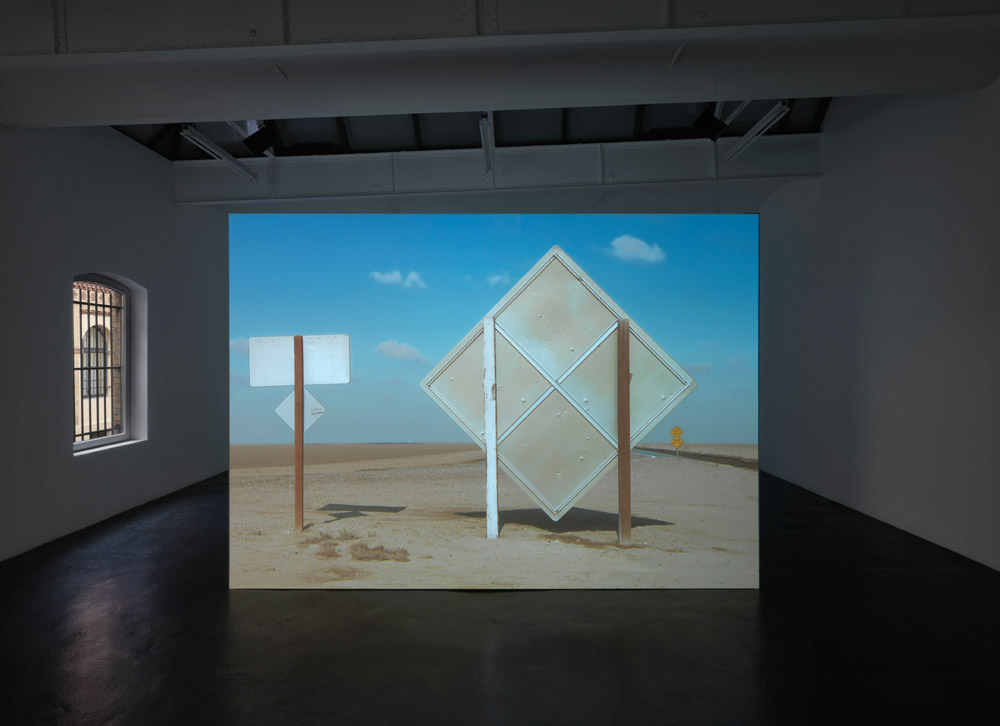
James Benning Installation View of Levee Road (2015)
– Photo: Jens Ziehe, Berlin
Courtesy the artist and neugerriemschneider, Berlin
The program this year was curated by the international group of the permanent members of the Film Mutation collective: Nicole Brenez, Go Hirawawa, Jonathan Rosenbaum and Tanja Vrvilo, all of whom are very accomplished in the film industry. The American film critic, Jonathan Rosenbaum was the head film critic for the Chicago Reader for more than 20 years and has contributed to some of the world’s most notable film publications, including Cahiers du cinema and Film Comment and published numerous books on film. French historian, theorist, programmer and professor of cinema at Paris 3 University, Nicole Brenez has worked as a film programmer and designed several film programs all over the world for institutions such as The Louvre (Paris), Tate Modern (London), and Lincoln Center (New York), as well as being a specialist and author of several books on extraordinary directors like John Cassavetes, Abel Ferrara, and Jean-Luc Godard. Go Hirasawa is a researcher at Meiji-Gakuin University working on underground and experimental films and avant-garde art movements in 1960s and ’70s Japan. The festivals founder, Tanja Vrvilo works as a filmologist and film curator as well as performer and co-author of experimental theatre productions. She works as Head of the BA program and teaches at film.factory, established by Bela Tarr at Sarajevo Film Academy. With such a rich group of film intellectuals, it’s no wonder that the festival has a philosophical undertaking behind it.
This year’s title, Violence + Utopia was influenced by the notion, “Atomic Optics” one of Japan’s film rituals from the end of the 60s and early 70s, along with ideas by the Italian philosopher Giorgio Agamben who asked many questions about policies of the body and the landscape from different times and places. The largest part of the program is dedicated to the main American art underground director, Abel Ferrara. The selected films by Ferrara deal with the presence of tragedy, the persistence of moral vision and transgressions of negativity. As shown in the movies, Driller Killer (1971), Ms. 45 (1981), Girl from Chinatown (1987), Bad Lieutenant (1992), The Body Snatches (1993), Addiction (1995), and the post-dramatic film, Pasolini (2014). There will also be a special screening of his latest movie, Live in France (2017) in the rough-cut version.
The second part of the festival features two groundbreaking films by Bela Tarr, Family Nest (1979) his debut film and the 7 and a half hour long masterpiece: Satan’s Tango (1994). Zagreb audience members will also have an opportunity to become a part of Bela Tarr’s master class and learn about the direction of Satan’s Tango. Go Hirasawa, will take us in the cinematic world of Motoharu Jonouchi, Katsu Kanai, Masao Adachi, one of the most challenging, thought provoking and controversial figures ever to emerge from the world of Japanese cinema.
This year’s edition of Film Mutations is truly inspiring for all of the passionate film lovers in Croatia and is once again putting Zagreb on the map as an international destination to view high quality cinema with unique opportunities to meet, discuss and learn from some of the best directors, theorists, critics and teachers in the field. With so many other film festivals in Croatia and abroad, Film Mutations is unique in that it focuses on quality and theory, bringing together international experts providing the public with free film education – a valuable film experience hard to find elsewhere!
